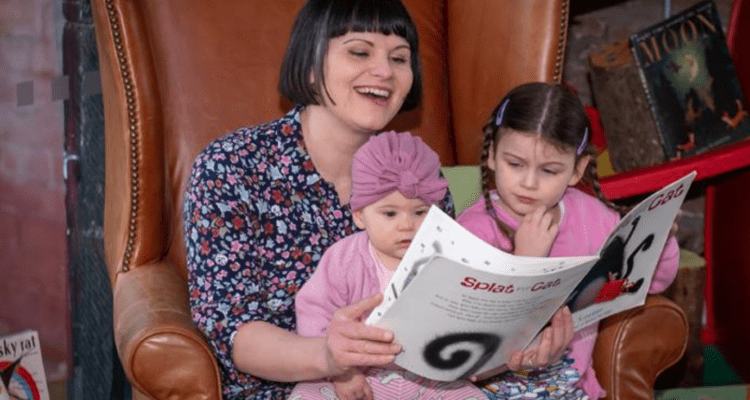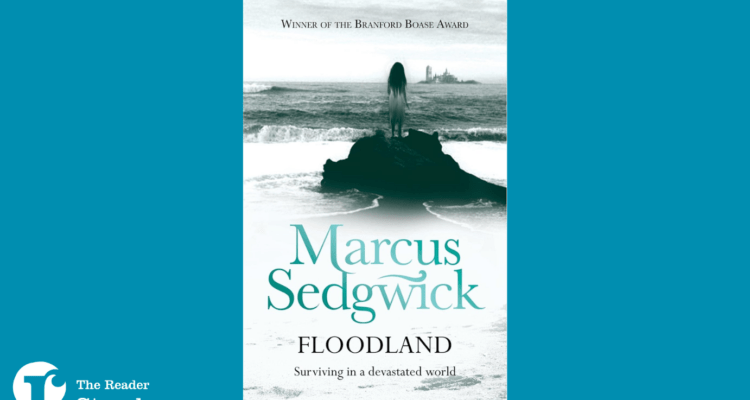Recommended Reads: Einstein, His Life and Universe
By Siobhan Chapman.
Walter Isaacson. Einstein, His Life and Universe. Simon & Schuster, 2007.
Albert Einstein was an engaging and much loved but an aloof and at times emotionally withdrawn individual. His work is a byword for intellectual rigour and, for most people, incomprehensibility. Isaacson's new biography manages both to describe the complex personality and to offer accessible accounts of the theoretical physics. Most readers will not come away from this book having understood the theory of relativity, light quanta or unified field theory. But they will have the intellectual smugness of understanding a bit more about these scientific landmarks, having been exposed to some remarkable ways of thinking about the universe, and having had the chance to try out some fascinating thought experiments, Einstein's stock-in-trade.
Einstein certainly lived in interesting times, and he cared passionately about them. Because of his historical and personal circumstances, and because also of his growing political involvement, his biography encompasses many of the major events of the twentieth century. He lived through and reacted to the First World War and its aftermath, the rise of anti-semitism in Germany and the ascent of Hitler, the development of the atom bomb, the creation of the State of Israel and the extremes of McCarthyism. Isaacson handles all these events with aplomb, bringing out both their global significance and their impact on Einstein, and in the process producing a genuine page-turner.
There are flaws, and since these are largely of the kind that would have been obviated by rigorous copy editing it does look suspiciously as if the quality of the book may have been compromised by the rush from the release of numerous new Einstein papers in 2006 to publication in 2007. For instance, the caption on a picture at the start of chapter fifteen places it in 1927, while the description later in the text insists that it was taken in 1930. There are too many sentences as clumsy as the following (describing one stage in Einstein's troubled and complex relationship with his elder son): 'Together he and Hans Albert went sailing, played music, and built a model airplane together'. And several favoured anecdotes turn up repeatedly.
Nevertheless, the anecdotes are one of the many joys of this book. Einstein's wit, charisma and cautious enthusiasm for fame meant that stories and bon mots are associated with him almost as closely as his theories. Asked by a star-struck reporter during his first visit to America in 1921 for a one-sentence definition of relativity, he retorted: 'All my life I have been trying to get it into one book, and he wants me to get it into one sentence!'. One book cannot of course tell us everything about such an individual any more than one sentence can capture such a theory. But Isaacson has given us an engaging and highly readable portrait of his formidable subject.
___
Siobhan Chapman has just finished writing Language and Empiricism, After the Vienna Circle. Her other books include Philosophy for Linguists, Paul Grice: Philosopher and Linguist and Thinking about Language.
Share
Related Articles

April’s Monthly Stories and Poems
The clocks have not long changed to herald the longer hours of daylight, making us consider the passage of time…

Reader Revisited: Reading with Looked-After Children by Grace Frame
We're taking a trip down memory lane and revisiting articles from The Reader Magazine. This article first appeared in issue…

The Storybarn Selects… From The Reader Bookshelf
Our last deep dive into the 2023/24 Children and Young People's Reader Bookshelf is a review of Floodland by Marcus Sedgwick…



